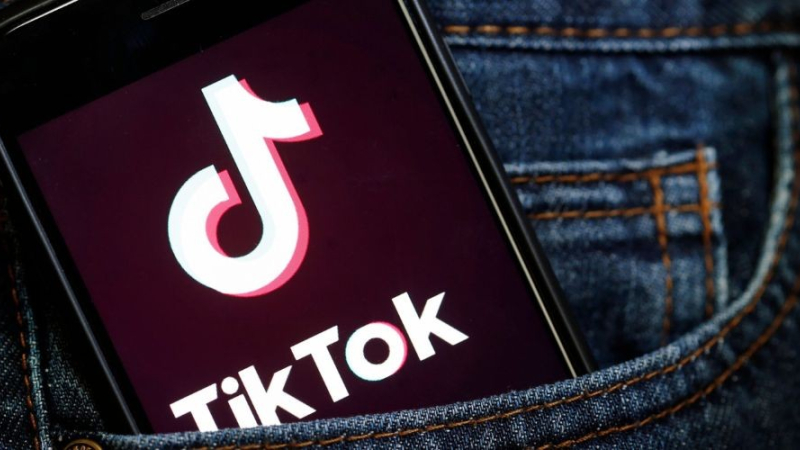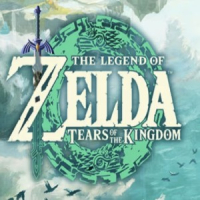
In an unrelenting wave of concern over national security, TikTok finds itself once again in the crosshairs of the U.S. government. A bipartisan group of lawmakers, led by heavy hitters Rep. Mike Gallagher and Rep. Raja Krishnamoorthi, has introduced fresh legislation intent on addressing alarming points of contention related to the app's Chinese roots. These concerns, deeply rooted in fears about China's cybersecurity laws, loom over TikTok like dark clouds threatening a storm. While no incriminating requests for data by the Chinese government have been documented, the mere possibility casts a long shadow over the app's future on American soil.
As the controversy brews, the puzzle of ByteDance's link to the Chinese Communist Party (CCP) adds complexity to the situation. ByteDance, TikTok's parent company, adheres to China's cybersecurity statutes that could strong-arm the firm into sharing sensitive user data with the Chinese state. This legal thicket, coupled with revelations of data tracks leading back to China, and the presence of CCP-affiliated personnel in ByteDance's leadership, intensifies skepticism amongst U.S. officials. The question loitering in the halls of power: Is TikTok a puppet in a larger game of cyber espionage?
TikTok’s countermeasures to alleviate these fears, notably Project Texas — a plan to isolate American user data on U.S. soil — have yet to convince the government to call off the ban hounds. Notwithstanding these efforts, the app's monetary influence may play a critical role in swaying the ultimate decision. TikTok's predicament is emblematic of the fragile dance between economic interests and the absolute mandate of national security. Meanwhile, lobbyists for American tech giants continue to nudge authorities, watchful for an opening to sweep competitors off the stage.
The ban proposal resembles a pendulum perpetually poised between swift action and calculated restraint; the U.S. hesitates, aware that every move against TikTok could trigger severe backlash affecting the delicate interplay of U.S.-China trade relations. Given that no definitive misstep by TikTok has been unearthed, an immediate ban seems unlikely — yet, with the bipartisan push gaining traction, TikTok's fate hangs in the balance. One thing is sure: a U.S. ban would have a domino effect, prompting allies to follow suit.
In conclusion, TikTok navigates choppy seas as it attempts to disprove its skeptics and divorce its image from geopolitical tensions. While the future of TikTok in the U.S. remains uncertain, one thing is clear — the narrative of TikTok as a potential pawn in a geopolitical chess game continues to captivate and concern legislators and citizens alike. As the debates rage on, TikTok's vibrant community watches on with bated breath, hoping their digital haven remains untouched amid the cacophony of warnings and legislations.





